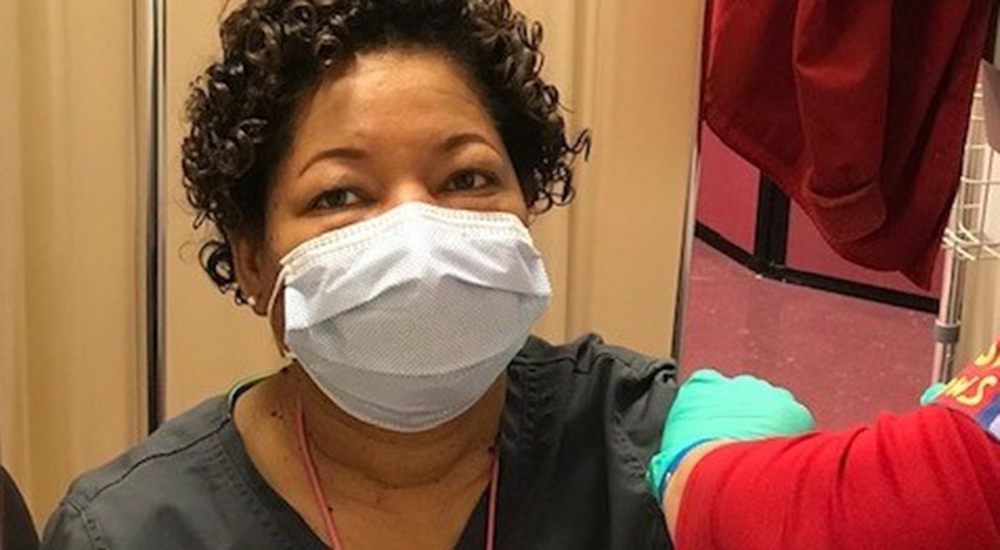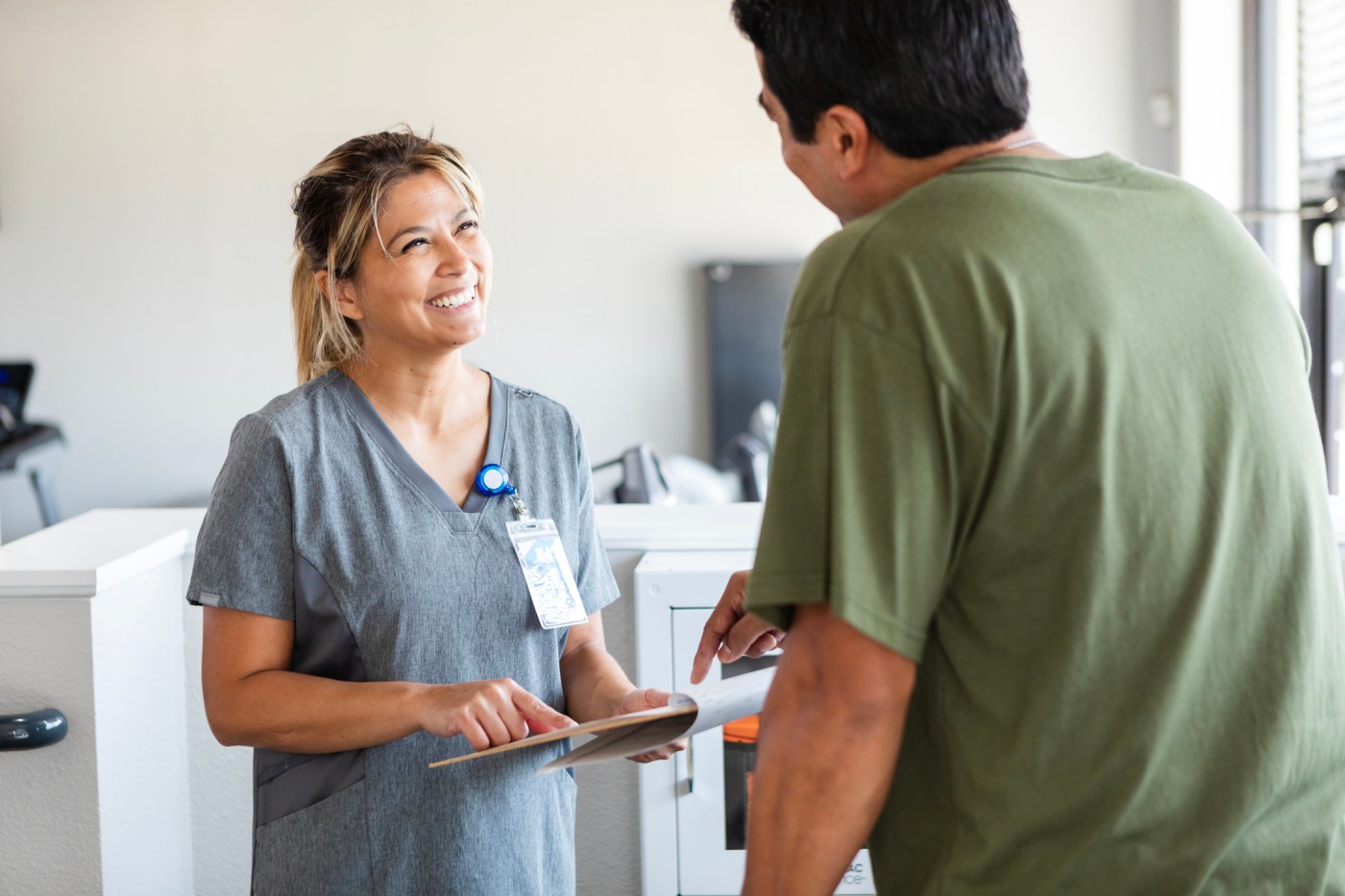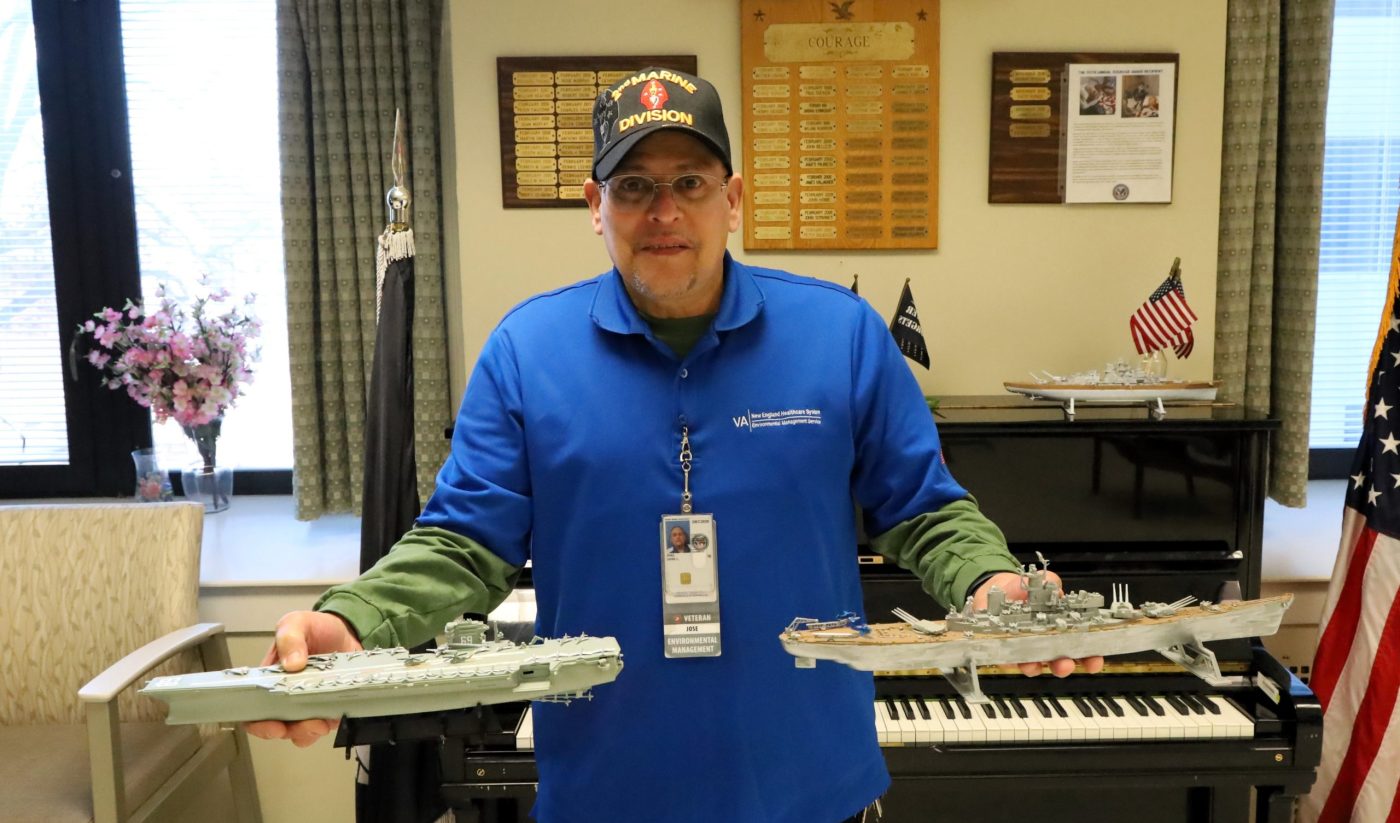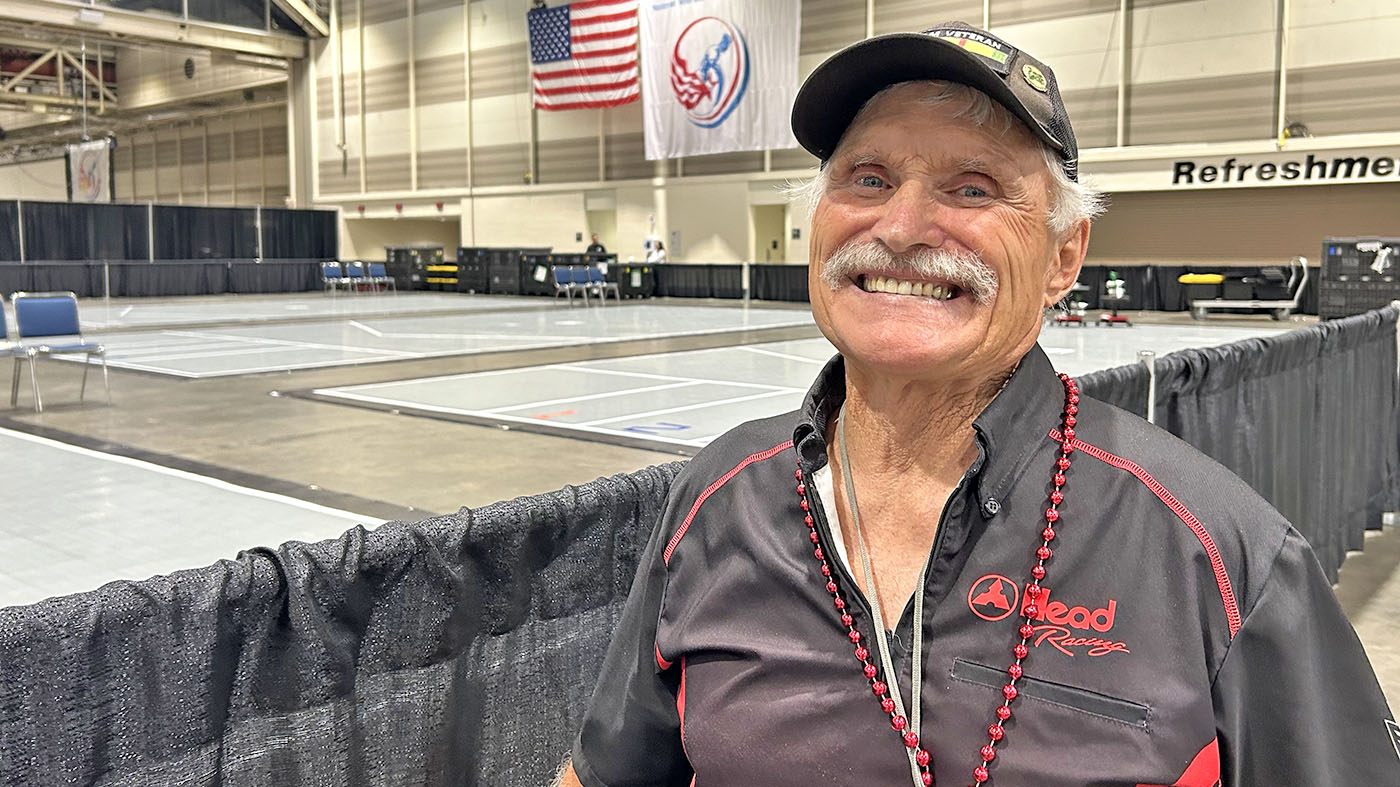As a daughter of the City of Tuskegee, I embrace her proud history. Tuskegee Institute, now University, the prolific George Washington Carver and the legacy of the courageous Tuskegee Airmen, are among the first topics that I’m asked about when I meet people who are not from the area.
Some people even ask if I know Lionel Richie, which always makes me smile.
Invariably, conversations turn to another, less welcome topic – the shameful Tuskegee Syphilis Study that remains a scourge on my beloved hometown. Lately, the experiment is being talked about in news reports as the disproportionate impact of the Coronavirus on people of color increases.
With the recent news of emergency authorization for two COVID-19 vaccines, I’ve thought a lot about the weight of history and the skepticism and distrust for the health care industry that lingers in the African American community.
Will my community take advantage of vaccine?
As a registered nurse with Central Alabama Veterans Health Care System (CAVHCS), I wonder how willing Veterans from my community will be to trust and take advantage of the promising, potentially lifesaving COVID-19 vaccine that is being offered at our facility.
In-mid December, VA launched a phased plan to vaccinate Veterans who reside in community living centers and employees with the goal to offer COVID-19 vaccinations to all Veterans and employees who want to be vaccinated.
CAVHCS received its initial shipment of the Moderna COVID-19 vaccine and began vaccinating on December 22.
I personally weighed the pros and cons of the vaccine and what saying yes or no could mean. In the end, I received the Moderna COVID-19 vaccine (above). While I understand the vaccine does not guarantee that I will not become infected, it lowers the risk of getting infected with the virus that causes COVID-19.
Urge my hometown citizens to learn more and make informed decision
Though I no longer live in Tuskegee, my commitment to the city runs as deep as my octogenarian parents, whom I care for, and who still live in the community. As a wife, mother, health care professional and neighbor, getting the vaccine is only one way I’m looking out for the well-being of the Veterans I serve, my family and the residents of my childhood home.
After being vaccinated, I will continue to wear a mask, wash and sanitize my hands frequently, and keep appropriate distance as recommended by the CDC. I urge Veterans and everyone in my hometown to learn more about the COVID-19 vaccines to make an informed decision about being vaccinated against the coronavirus.
VA has online resources with information about the COVID-19 vaccines. Veterans who are interested in being vaccinated should call CAVHCS at 800-214-8387.
Cheryl Owens is a Central Alabama Veterans Health Care System nurse.
Topics in this story
More Stories
One strategy credited for the improvement is a focus on building trust and stronger patient-provider relationships.
Army and Marine Corps Veteran started making models after being hospitalized at Connecticut VA.
Veteran Hank Ebert is a bit of a superstar in the National Veterans Wheelchair Games. He has been attending since 1993.







agreed. people need to stop talking about the study if they can’t acknowledge the truths & implications as well as all that transpired after that study commenced. otherwise, the men & their legacies are being disrespected. if they want people to take the vaccine, they need to use proofs, not piggyback off a historic tragedy to empathize with the “black community” on mistrust. it looks like they’re saying “we are acknowledging this so you know we’re trustworthy when we say it’s safe.” it doesn’t get any more disingenuous. disgusting.
Need to get scheduled for the COVID-19 testing
It’s disappointing that this article failed to even attempt to discuss what happened in the Tuskeegee experiment and why the experiment impacted the Black community’s trust in healthcare and medicine. The VA missed an opportunity to acknowledge the atrocious treatment of the Black community at the hands of the government and instead chose to speak around it. Rather it perpetuated the familiar cycle of lack of accountability and acknowledgment which are the very reasons why most of the readers of this article likely have never even heard of the Tuskeegee syphilis experiment.